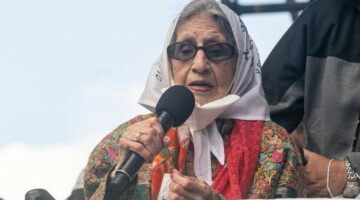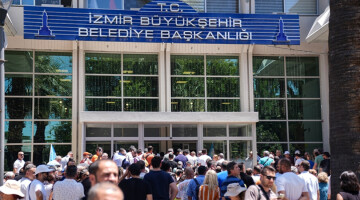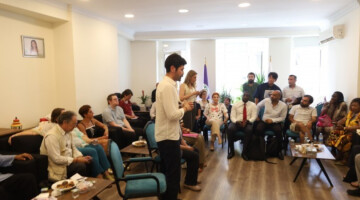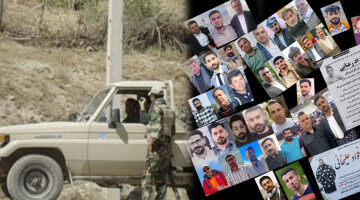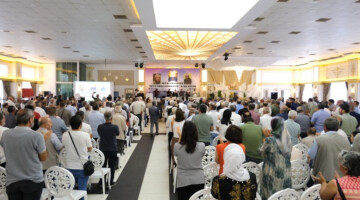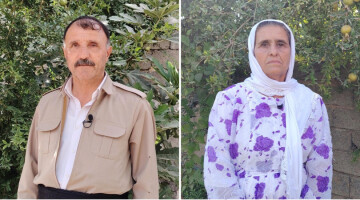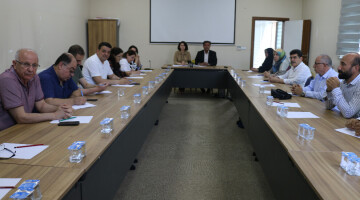The Turkish state, which is preparing for a new war by making an intense military deployment at the border to Rojava following the liberation of Girê Spî by YPG/YPJ (People's/Women's Defense Units), has accelerated the digging of the ditch at the border between Qamışlo city of West Kurdistan and Nusaybin district of Mardin, North Kurdistan. The length of the 3 meters deep and 2 meters wide ditch has exceeded 500 meters.
Turkey had previously started building a wall at the Nusaybin-Qamışlo border which was however stopped as a result of increasing protests, including a hunger strike by then mayor of Nusaybin, Ayşe Gökkan, and demos by the local people.
HDP Mardin Deputy Gülser Yıldırım who spoke to ANF regarding the recent developments told that the ditch dug at Nusaybin-Qamışlo border was an evidence of Turkey's animosity towards Kurds, and warned that a probable military intervention by Turkey in Rojava and Syria would drag Turkey into the fire in the Middle East, and incite a major civil war in Turkey.
Remarking that the governor of Mardin indicated a “security reason” for the digging of the ditch during a meeting with co-mayors of Nusaybin Municipality, Yıldırım said this was not a convincing or realistic explanation, adding; “They are placing wire fences, mines, building walls and now, digging a ditch at the border which in fact needs to be removed. This is not a solution. This is a severing of the people from each other.”
Putting emphasis on the ties of the people at two sides of the border, Yıldırım recalled that thousands of people have lost their lives due to the mines placed at the border for years now, while also bearing an anger and pain because of the wire fences placed there to seperate them from each other. "Digging of a ditch at a time when the meaninglessness of the border has already revealed itself, means rubbing salt into the people's wounds bleeding for years."
Describing the digging of ditches at border as an indication of Turkish state's policy and stance towards Rojava, Yıldırım said the ditches have been dug against the gains of the Kurdish people, and manifested the intolerance to the self-determination of the people.
'ISIS IS THE GREATEST DANGER FOR TURKEY'
HDP deputy Yıldırım said the digging of ditches couldn't be handled independently of the military deployment at the border, and continued; "Why was military deployment and intervention not this much on the agenda before the liberation of Girê Spî from ISIS, which was actually for the benefit of Turkey? We all know for certain that the Kurds there will constitute no threat against Turkey. Why is the Turkish state doing this despite knowing that it will provide no benefit to pursue this much hostile policies against the people of Rojava? This is an indication of the fact that Turkey wants peace neither inside nor outside its borders. If there is a threat against Turkey in question, that is the threat constituted by ISIS itself."
Emphasising that an attack on Rojava wouldn't remain limited within the border of Rojava alone, Yıldırım said this was also known clearly by the Turkish state itself.
Deputy Yıldırım said they as HDP would do their best to avoid the eruption of a civil war, adding that this was the duty of everyone that didn't want Turkey to be dragged into this fire in the Middle East.






